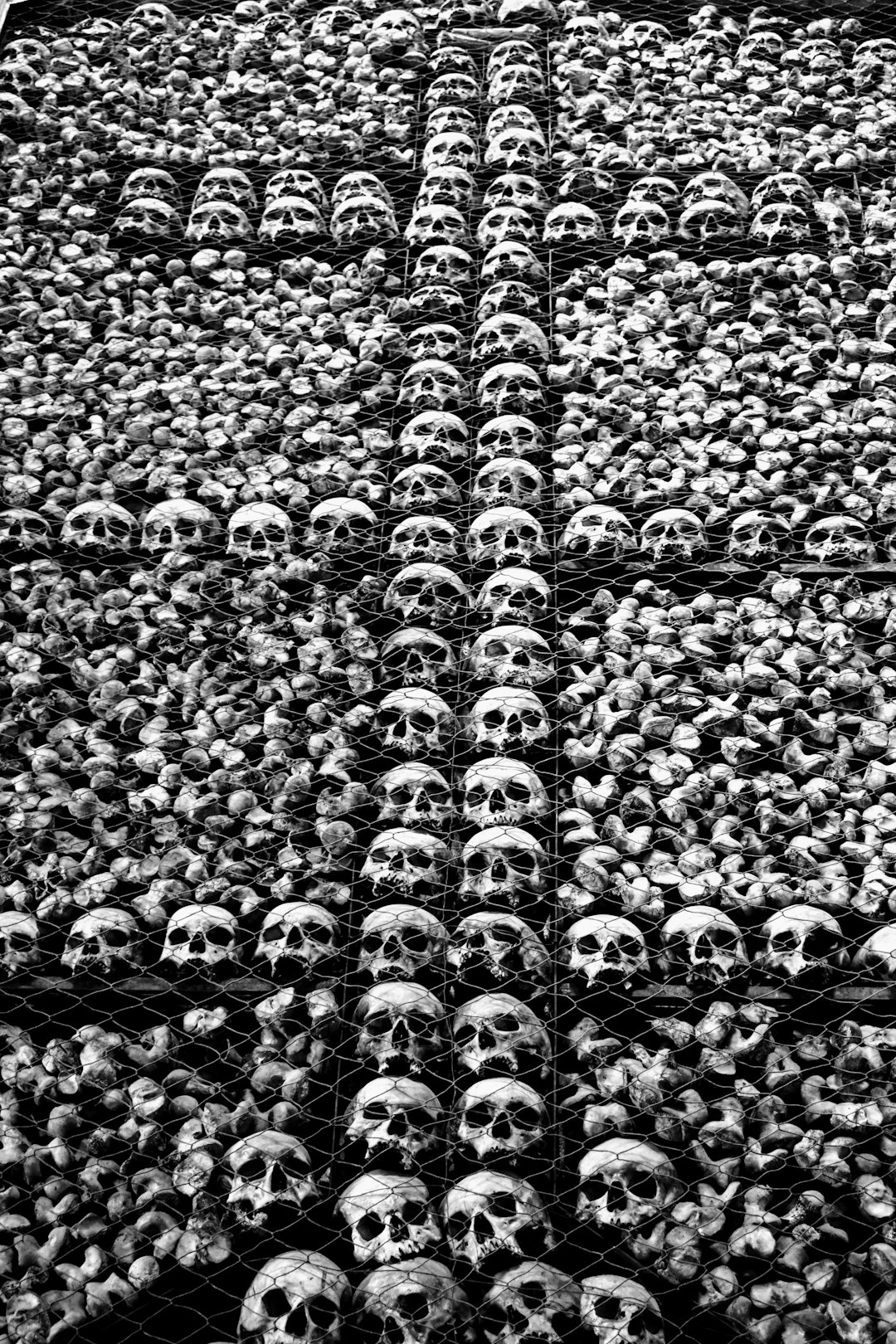The Scarcity of Life: The Root of All Kinds of Evil
Continuing Meditations on the Role of Scarcity in the Christian Moral Life
This is a paid-subscriber post. Consider a trial membership or becoming a paid supporter to join in this conversation.
The World Runs Away: The Origins of Scarcity
Thus far, we’ve looked briefly at the question of scarcity by looking at some of the ways in which our sense of scarcity is manufactured—that we are enticed into what Illich calls a “modernization of poverty”, such that our floor of what we consider to be tolerable for urbane existence gets higher and higher. There will be much more to say about how scarcity is constructed, psychologically and socially.
But, as a theologian and ethicist, I’m more interested in the questions of what lies behind the social constructions, namely, the theological realities. This frequently runs us flat into questions of theodicy, and into how such disparities could exist in a divinely sustained world. And though I argued last time that theology is not enough, it’s not nothing here.
In my most recent book, part of the argument for how social isolation occurs is because of a theological commitment to the pervasiveness of sin: sin breaks us apart, and this plays itself out endlessly in social forms. But, for St. Paul, behind this reality of social division itself is the ongoing yawning maw of capital-D Death, the tyrant of the world:
For if we have grown into union with him through a death like his, we shall also be united with him in the resurrection. We know that our old self was crucified with him, so that our sinful body might be done away with, that we might no longer be in slavery to sin. For a dead person has been absolved from sin. If, then, we have died with Christ, we believe that we shall also live with him. We know that Christ, raised from the dead, dies no more; death no longer has power over him (Romans 6:5-9)
This isn’t the physical winding-down of things: this is Death-as-principality, Death as the mood of the universe. That things wind down and turn to dust is predicated upon this tyrant being a thing for Paul.

And so, in life, Death approaches us through various principalities, as the theologian William Stringfellow puts it: we are being ushered into death through various things which seem to be opposites, in that all of the reactionary poles are all equally trying to abstract us out of a trust in the God who alone can restore the dead to life.1 This, theologically, is where scarcity gets its traction: in the sense that by accumulation, we can outrun Death, or conversely, in the opposite direction of being hyperaware of Death’s power and becoming overwhelmed with our limits of time, love, and resources.
So, let’s begin now by naming a few of the ways in which this reality begins to impinge upon moral reasoning:
Keep reading with a 7-day free trial
Subscribe to Taking Off and Landing: Explorations in the Moral Life to keep reading this post and get 7 days of free access to the full post archives.


